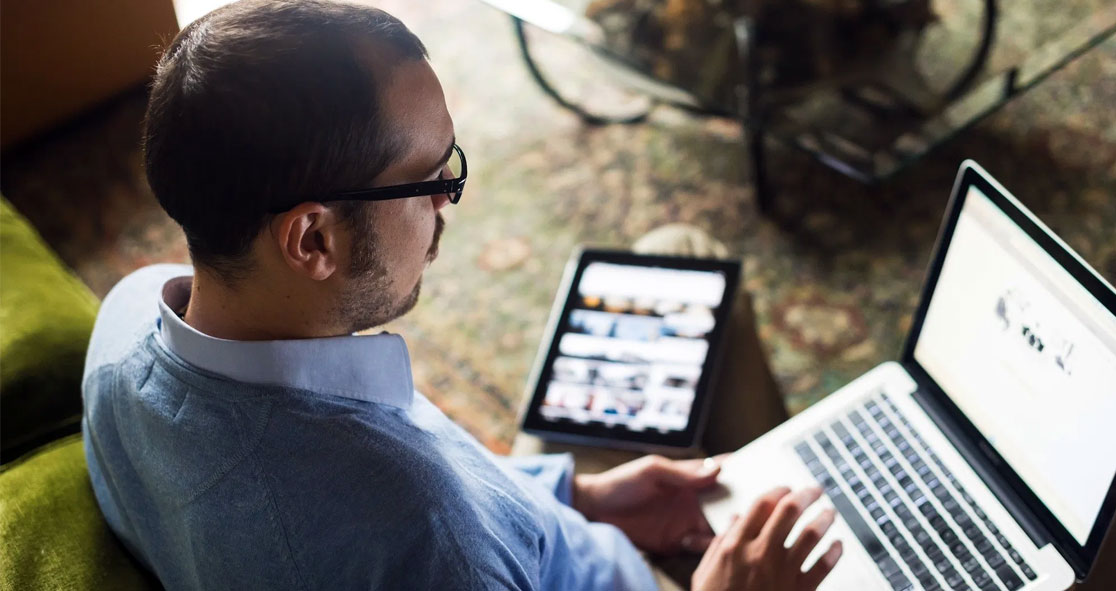In the United States, patients will soon have free, easy, electronic access to their doctor’s notes under a new federal requirement for transparency.
Many health systems have been opening up their records Monday, which is the original deadline. Federal health officials gave an extension until April because of the ongoing COVID-19 pandemic.
Minnesota resident Britta Bloomquist, 32, has been going through her clinical notes for years. Bloomquist, who is suffering from a rare type of arthritis that took doctors to diagnose, said, “It means information about your care can no longer be hidden from you. And you have a say in your care.”
U.S. patients have the right to access their health records, including doctor notes; however, obtaining them is a tedious process, which includes filling out requests, waiting for a response, and then paying fees.
Patients who are already using MyChart, a health record network, to email their doctor or schedule an appointment, they may soon see new options allowing them to view their doctor’s notes and see their test results. They also get an email explaining where to look and how to access your medical information.
Research has shown that patients who read their doctor’s notes are able to understand their health much better and take their medications as advised, feeling more in control of their medical care, which has been proven true for Bloomquist.
She said, “I’ve become a health nerd. Reading the notes has kept me on the same page as my providers about what’s going on.”
Studies have found that patients often find mistakes in their doctor’s notes, while some errors are quite serious, affecting their care.
Dr. Catherine DesRoches, Executive Director of OpenNotes, said, “A clinician has eyes on thousands of notes, but a patient has eyes only on one, so it has powerful safety implications.”
OpenNotes is a Boston-based group that is focused on making medical care more transparent by encouraging physicians, nurses, therapists, and other medical professionals to share clinical visit notes with their patients.
However, mental health therapy notes do not need to be shared with patients. Psychologists or psychiatrists can hold back notes if they think they will cause physical harm.
Dr. DesRoches said, “As for parent access to teenagers’ information, state laws vary,” meaning some health care systems allow parents to have access to their teenager’s notes, while others do not.
Many doctors worry that this new move could mean more phone calls from patients who will be confused.
However, PCP Dr. Marlene Millen of UC San Diego Health, which launched a pilot program for primary care patients in 2018, said that has not been her experience. “I did not get a big bump in questions at all,” she said.
Dr. Millen explained most patients are not interested in their notes and never read them. Others do, she added, but save her time because they arrive for appointments “and already know what the next step in the plan is because they had read the prior note.”
“We spend all this time getting ready and we could have spent that time doing other things like working on the pandemic,” Dr. Millen said. The article originally appeared on Medical Xpress.























